

HAITI
The Haiti Reforestation Project equips local farmers with the training, tools, and trees needed to design their plots, grow, and care for their trees while increasing their farms' food production and biodiversity. The program includes training local farmers to effectively cultivate land in highland regions. By doing so, the Haiti Reforestation Project helps stabilize the land and increase soil fertility and moisture retention, resulting in higher production of fruits and other agriculture products.
HONDURAS
Honduras is home to hundreds of terrestrial, freshwater, and marine species of animals and plants, some found nowhere else on Earth. From 2013 to 2018, 96% of tree cover loss in Honduras occurred within natural forests. The Honduras Reforestation Project helps bring economic opportunity to extremely marginalized communities where the impact of deforestation has destroyed their access to resources and their ability to live sustainably off the land.
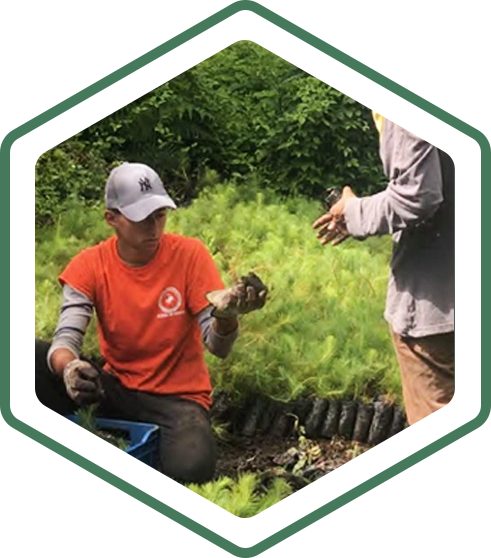
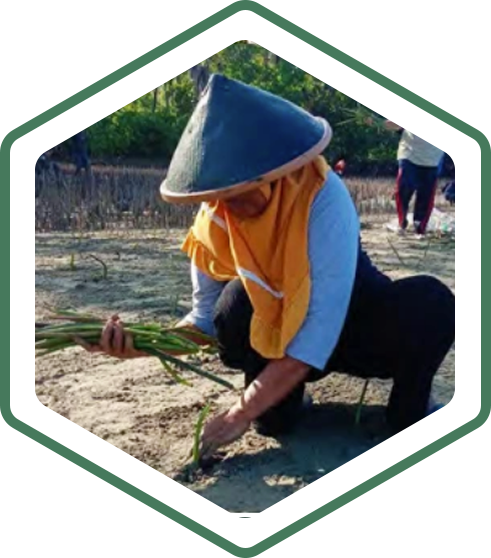
INDONESIA
West Papua, Indonesia is an area recognized as the global center of marine biodiversity and is a global priority for conservation because of the broad range of species it supports, including at least 500 species of reef-building corals. The focus of the Indonesia Reforestation Project is on the restoration of mangroves and tropical forests and promoting food security by helping local people plant agroforestry trees. The replanting efforts have grown quickly with the support of local leaders and engaged planters.
KENYA
About 1.5 hours from Kenya's capital, Nairobi, lies the Kijabe Forest, a 5,000-hectare protected reserve. Once home to herds of buffalo, leopards, and elephants, this forest is an essential home and corridor for wildlife. The forest channels water to the surrounding communities and country. Over the past 15 years, the forest has been cleared for charcoal and timber, reducing the number of permanent rivers flowing from eight to one, cutting water flow to these surrounding communities. The Kenya Reforestation Project aims to re-establish a sustainable water supply through protecting and replanting around springs and rivers, restoring habitat for wildlife, stabilizing steep slopes prone to landslides, and securing livelihoods.
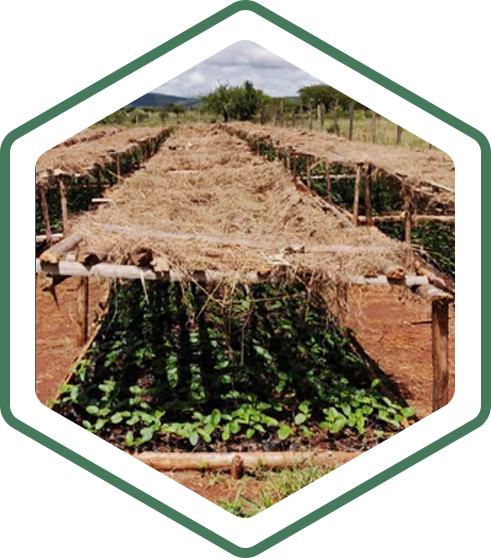
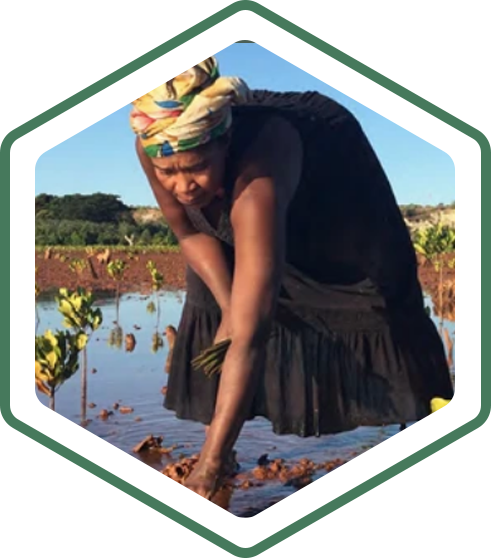
MADAGASCAR
In the coastal zone of Madagascar, mangrove deforestation destabilizes the coastline, which increases the vulnerability of coastal communities to storms and other weather events. In upland dry deciduous forests, deforestation threatens one of the world's rarest and most diverse forest systems. The Madagascar Reforestation Project works collaboratively with different communities and has full support from national, local, and tribal governments to reforest large areas of mangrove and dry deciduous forests along the coast and inland areas.
MOZAMBIQUE
The Maputo bay coastline and rivers in southern Mozambique have suffered large scale loss of their native mangrove trees. The Mozambique Reforestation Project supports local communities to plant and manage mangrove forests, offers long-term employment and livelihood improvements to local communities, and protects the biodiversity of the mangrove forests. This work helps protect coastal communities, aims to address the urgent need for poverty alleviation and works to empower local women.
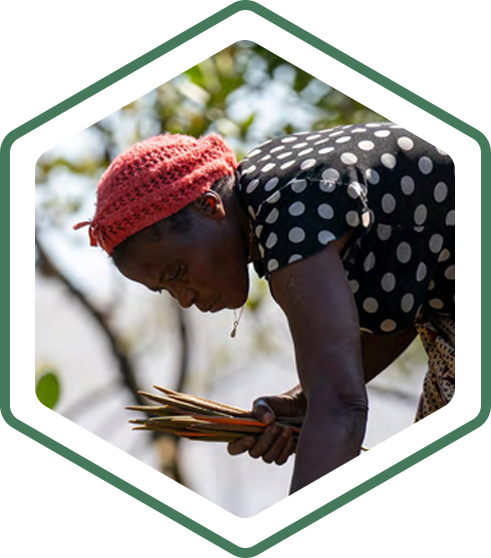
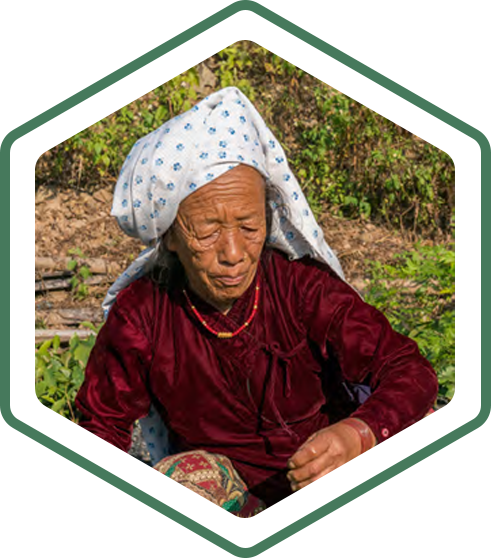
NEPAL
Nepal is a diverse nation with magnificent snow-capped mountains to the north, hot tropical plains to the south, dramatic and varied landscapes, and spectacular wildlife. Chitwan National Park alone hosts more than 700 species of wildlife, including leopards and the elusive Bengal tiger. The various cultures who call this place home are united by their close relationship with nature but are subject to significant environmental hazards. The Nepal Reforestation Project aims to help improve local livelihoods and restore forests in areas of critical importance. Women empowerment is a core principle in this country where gender inequality is pervasive. This project is led by a team comprised entirely of women.
